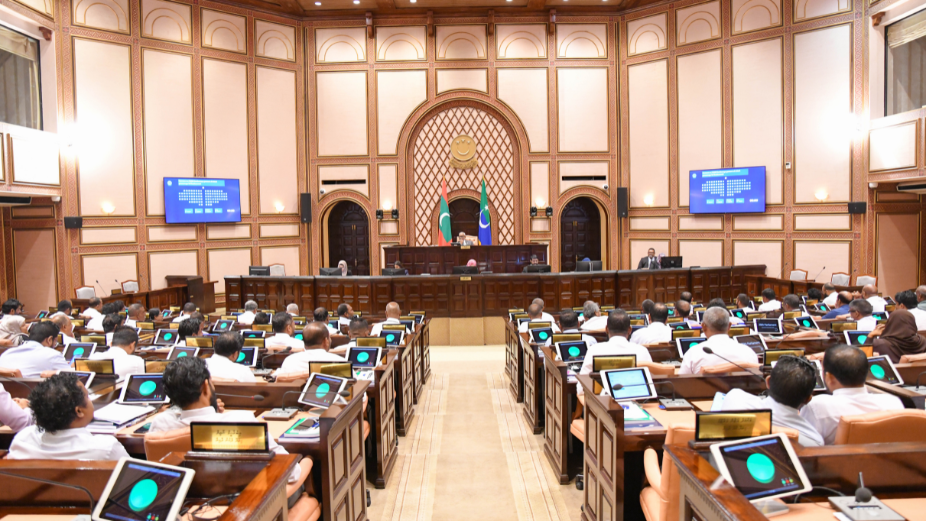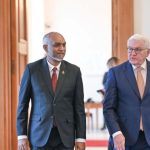
Finance Minister Moosa Zameer has submitted a supplementary budget of MVR 5.1 billion to the Maldivian Parliament, aiming to increase the 2024 state budget to MVR 55 billion. This follows the initial MVR 49.8 billion budget passed by Parliament last year, which allocated significant funding towards the country’s development and operational needs.
The supplementary budget, presented during a parliamentary session on Thursday, includes allocations for both recurrent and capital expenditures. Out of the MVR 5.1 billion, MVR 1.5 billion is earmarked for recurrent spending, including MVR 24.4 million for salaries, MVR 200 million for medical supplies, and MVR 1 billion for subsidies. Additionally, MVR 3.6 billion is set aside for capital projects, with significant investments planned for land reclamation, infrastructure development, and student loans.
Increasing Debt and Deficit
Despite the government’s commitment to maintaining financial stability, the new budget will further widen the budget deficit, pushing it to MVR 18 billion—equivalent to 16 percent of the nation’s GDP. The debt-to-GDP ratio is also projected to rise to 118 percent by the end of the year, as per the Finance Ministry’s estimates.
The budget proposal arrives amid mounting concerns over the Maldives’ debt burden. The country faces external debt service obligations of USD 600 million in 2025 and over USD 1 billion in 2026. This includes a USD 500 million sukuk, which has prompted international credit rating agencies like Moody’s and Fitch to downgrade the Maldives’ credit rating, citing a heightened risk of default.
Revenue Projections and Economic Reforms
While the supplementary budget will raise spending, the government expects additional revenues amounting to MVR 640 million. This includes MVR 61 million from tax revenues, MVR 379 million from non-tax sources, and MVR 199 million in grants. The Finance Ministry now projects total revenue for 2024 to reach MVR 34.2 billion, up from the earlier estimate of MVR 33 billion.
In response to the economic challenges, the Maldivian administration has announced a series of economic reforms. These include cutting down on the number of political appointees, raising taxes, and introducing pay cuts for government officials. President Dr. Mohamed Muizzu recently announced a pay cut for himself and other top officials, including heads of state-owned enterprises, as part of the 2025 budget plan.
Concerns from International Observers
The World Bank has expressed concerns over the Maldives’ rising public debt and high fiscal spending, particularly in areas such as public sector investments and subsidies. Despite the country’s economic growth, the international body has stressed the need for urgent fiscal reforms to reduce spending and ensure long-term financial sustainability. The Maldivian government, however, remains committed to meeting its debt obligations and has assured creditors and investors that it will honour its commitments.












